Chaumet in London: a new chapter in the alliance
There has long been an affinity between Britain and Parisian jeweller Chaumet
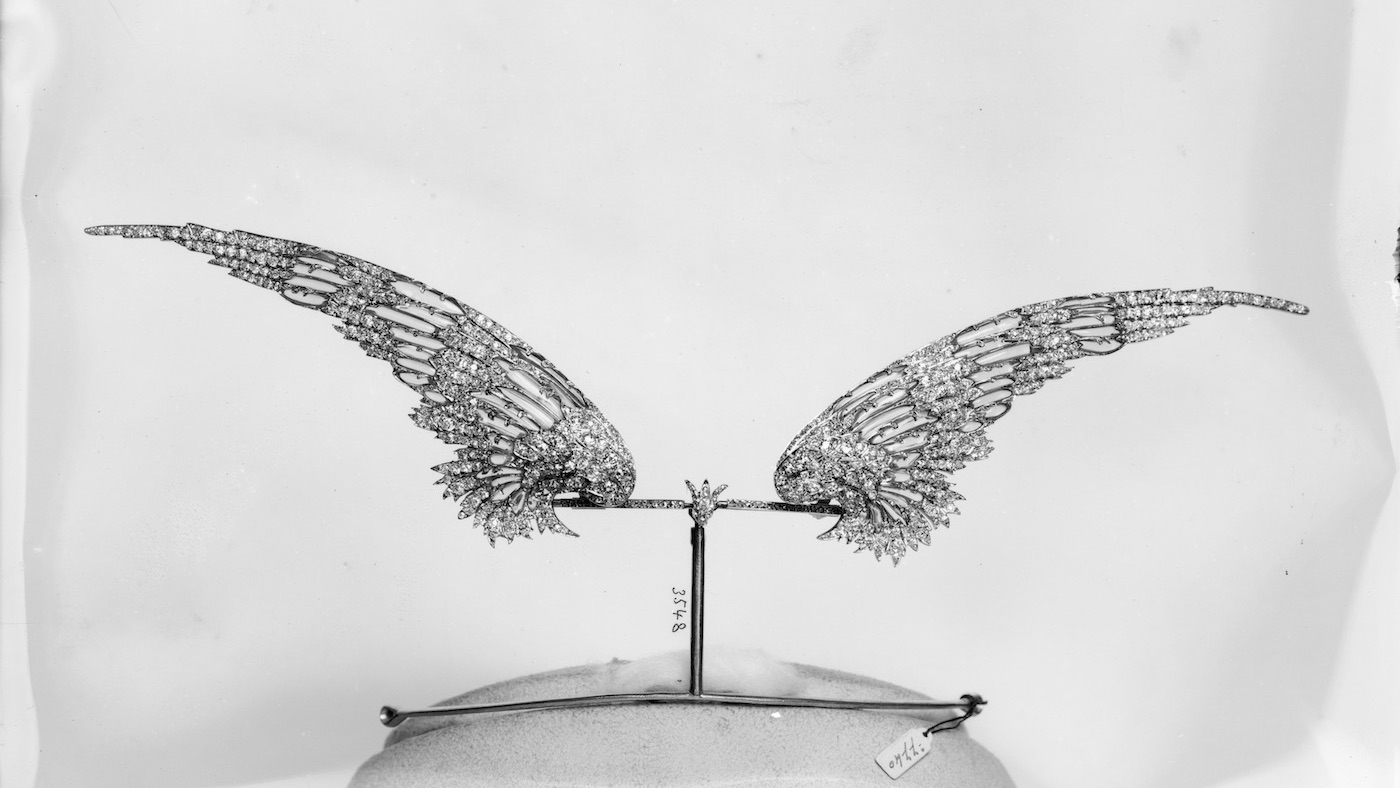
A free daily email with the biggest news stories of the day – and the best features from TheWeek.com
You are now subscribed
Your newsletter sign-up was successful
A jewellery opus, the biography of Chaumet unfolds in France. It was in Paris that Marie-Étienne Nitot first established his gold and silversmith company in 1780, and it was also here, in the French capital city, that the business, which was then helmed by his son François-Régnault Nitot, moved to premises on Place Vendôme in 1812.
Today, Chaumet ranks as the oldest jeweller active on Place Vendôme; it first operated from the Hôtel de Gramont townhouse at number 15, before moving across the square to 12 Place Vendôme in 1907. Here, at the Hôtel Baudard de Saint-James, Joseph Chaumet united the work of roughly 175 employees under one roof, staffing jewellery, stone-cutting and watchmaking workshops in addition to a photography studio. In Paris’ city centre, Chaumet’s team finished small treasures of great beauty, which saw the business’ name travel far beyond the city’s borders.
And, in addition to the heritage brand’s geographical coordinates there is also its list of clients which has seen Chaumet feature in several chapters of French history. Chiefly among them is the maison’s 1805 appointment as official jeweller to Empress Joséphine (Joséphine de Beauharnais), first wife of Emperor Napoleon I.
The Week
Escape your echo chamber. Get the facts behind the news, plus analysis from multiple perspectives.

Sign up for The Week's Free Newsletters
From our morning news briefing to a weekly Good News Newsletter, get the best of The Week delivered directly to your inbox.
From our morning news briefing to a weekly Good News Newsletter, get the best of The Week delivered directly to your inbox.
But, as ongoing research into its historical archives brings to light, Chaumet has long charmed many across the channel, too.
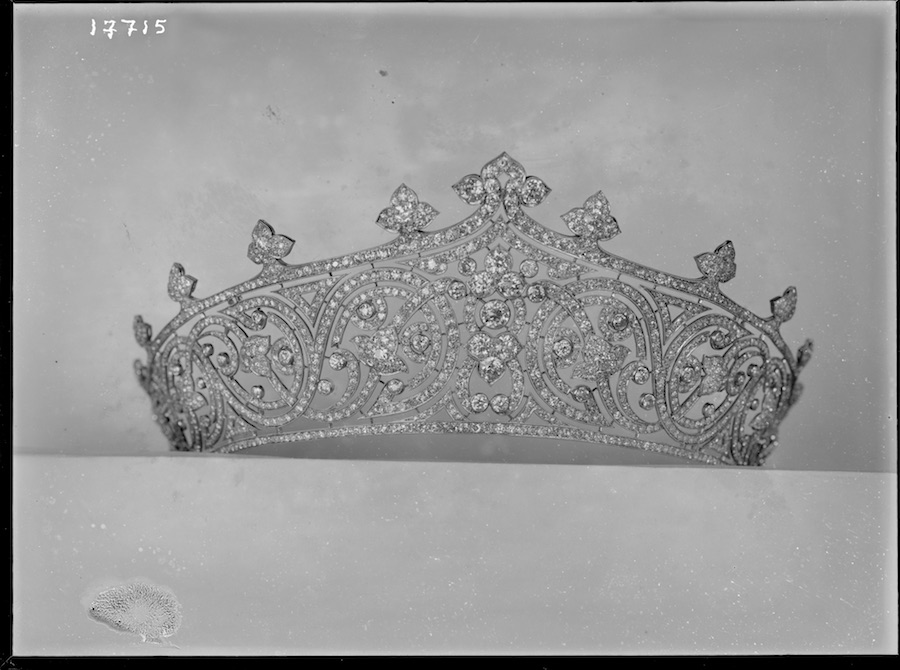
Hidden stories
At present, the brand is busy digitalising and indexing its vast holdings; it’s a process that gradually uncovers vignettes of its heritage. “The more we go into it, the more we will gradually discover new stories,” Chaumet CEO Jean-Marc Mansvelt tells me of the undertaking. Next, he admires a hand-drawn sketch detailing a brooch, its naturalistic design centred on a wreath. The drawing is dated to May 1851 – later that same year, Chaumet exhibited work at the Great Exhibition in London’s Hyde Park – and its creator was Queen Victoria. “It’s quite unbelievable,” Mansvelt enthuses. “I guess there are some hidden stories.”
Also in the ledgers: orders placed by members of the Churchill family, Winifred Anna Cavendish-Bentinck, Duchess of Portland, and Indian-born British actress Merle Oberon. The year of her wedding to the Duke of Windsor, Wallis Simpson fell for a Chaumet timepiece spotted in Cannes, in 1937. Both Alice Grosvenor, Lady Wimborne and Roberte Ponsonby, Countess of Bessborough at one point donned Chaumet tiaras. Set with diamonds and rubies, Lady Wimborne wore her 1925 bandeau-style gem in a portrait lensed by Cecil Beaton; at the heart of the art deco Bessborough tiara from 1931 sparkles a landmark marquise-cut diamond of 12 carats.
A noted philanthropist and activist, Meherbai, the wife of Indian businessman Sir Dorabji Tata, kept the Chaumet workshops busy with a number of orders, among them a 1920 brooch worked with Indian diamonds and opals. Four years later, Chaumet finished a diamond and ruby pendant necklace detailed with a duo of pearl tassels.
A free daily email with the biggest news stories of the day – and the best features from TheWeek.com
But Lady Tata was out-shopped by Hugh Grosvenor, 2nd Duke of Westminster. Among his numerous commandes chronicled in the Chaumet books: a powder compact topped with diamonds (1923); a 1920 emerald and diamond brooch; a selection of pendants.

‘Beauty is about essentiality’
Tiaras are also listed among the duke’s orders, most famously a 1907 creation in the shape of a pair of wings that glisten in blue enamel and diamonds, their avian-inspired design in line with the naturalistic motifs of the Belle Époque and a nod to the winged helmets that crowned the Valkyries described in Wagner’s operas of the time.
Another famous tiara realised in Paris for clients across the channel is a 1934 design of entwined floral florets lavished in diamonds, finished for Edwina Mountbatten, Countess Mountbatten of Burma. Mountbatten also owned a Chaumet bracelet (rock crystal, sapphires and diamonds), a wristwatch with diamond-set bezel and a baroque pearl and diamond Gormette bracelet – her tiara Mountbatten famously wore to George VI’s 1937 coronation.
“It’s always what people come to see first at Chaumet,” Mansvelt said when I ask about Chaumet’s expertise in creating the head ornament. “They know it’s the summary of Chaumet. Maybe, if you dream of Chaumet you dream of a tiara from Chaumet.”
Elsewhere, Chaumet jewellery and rare objects crafted for British clients are striking for their modernity of design. It’s something Mansvelt today refers to as “essentiality”, a purity of line that lets superior materials shine. To Mansvelt, it’s about how “beauty is about essentiality and not about putting jam on chocolate on Chantilly [cream]”.
Notable for its minimalist design, a 1926 diamond makes Mansvelt’s point. The collier – at its centre sits a pear-shaped diamond of breath-taking dimensions – had been worn by Lady Iya Abdy. Born Iya Grigorievna de Gay in turn of the 20th century Saint Petersburg, de Gay arrived in Paris following the Russian Revolution and in 1923 married Sir Robert Henry Edward Abdy. A patron of the fine arts – she supported French painters Balthus and André Derain – Lady Abdy was also a noted beauty, photographed by the Man Ray and George Hoyningen Huene, among others. Also of essential beauty: a necklace of 14 diamonds set in a line for the Duke of Marlborough, in 1922.
And today in London, Chaumet has entered a new chapter of its alliance with the UK. This past summer, the brand reopened its boutique on New Bond Street. A short walk from Chaumet’s first London pied-à-terre, an 1848 opened set-up on New Burlington Street, this fully renovated space is a jewelbox-like proposition. “For us, it’s such an important country,” said Mansvelt. “Such an important place, such an important city, such an important street. You can’t pretend to be a great jeweller if you are not in the UK, if you are not in London, if you are not on New Bond Street. It’s part of being a great jeweller.”
-
 Why is the Trump administration talking about ‘Western civilization’?
Why is the Trump administration talking about ‘Western civilization’?Talking Points Rubio says Europe, US bonded by religion and ancestry
-
 Quentin Deranque: a student’s death energizes the French far right
Quentin Deranque: a student’s death energizes the French far rightIN THE SPOTLIGHT Reactions to the violent killing of an ultraconservative activist offer a glimpse at the culture wars roiling France ahead of next year’s elections
-
 Secured vs. unsecured loans: how do they differ and which is better?
Secured vs. unsecured loans: how do they differ and which is better?the explainer They are distinguished by the level of risk and the inclusion of collateral
-
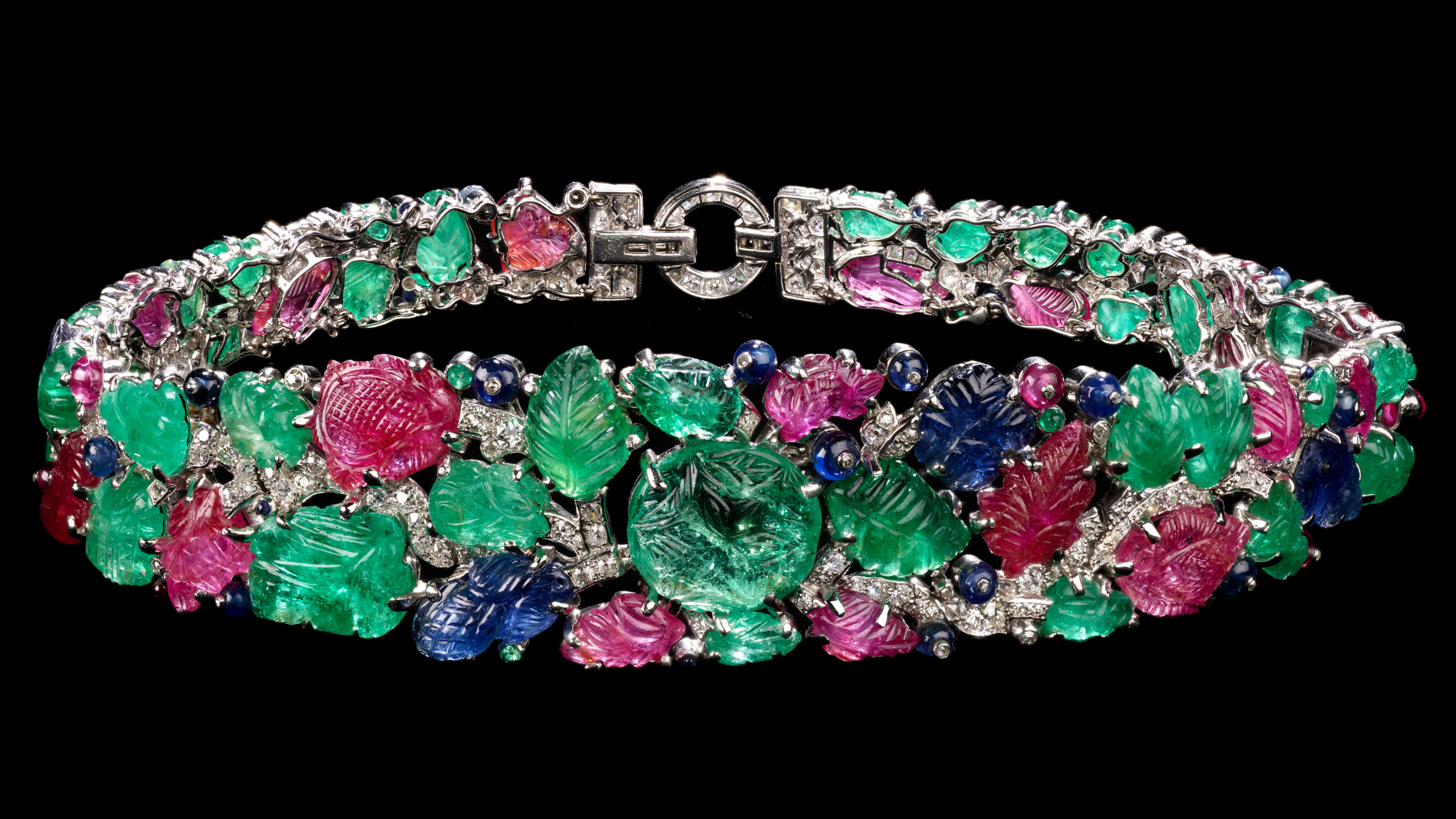 Cartier at the V&A: a 'dazzling' show
Cartier at the V&A: a 'dazzling' showThe Week Recommends A 'once-in-a-lifetime' display of the French jeweller's 'exquisite' objects
-
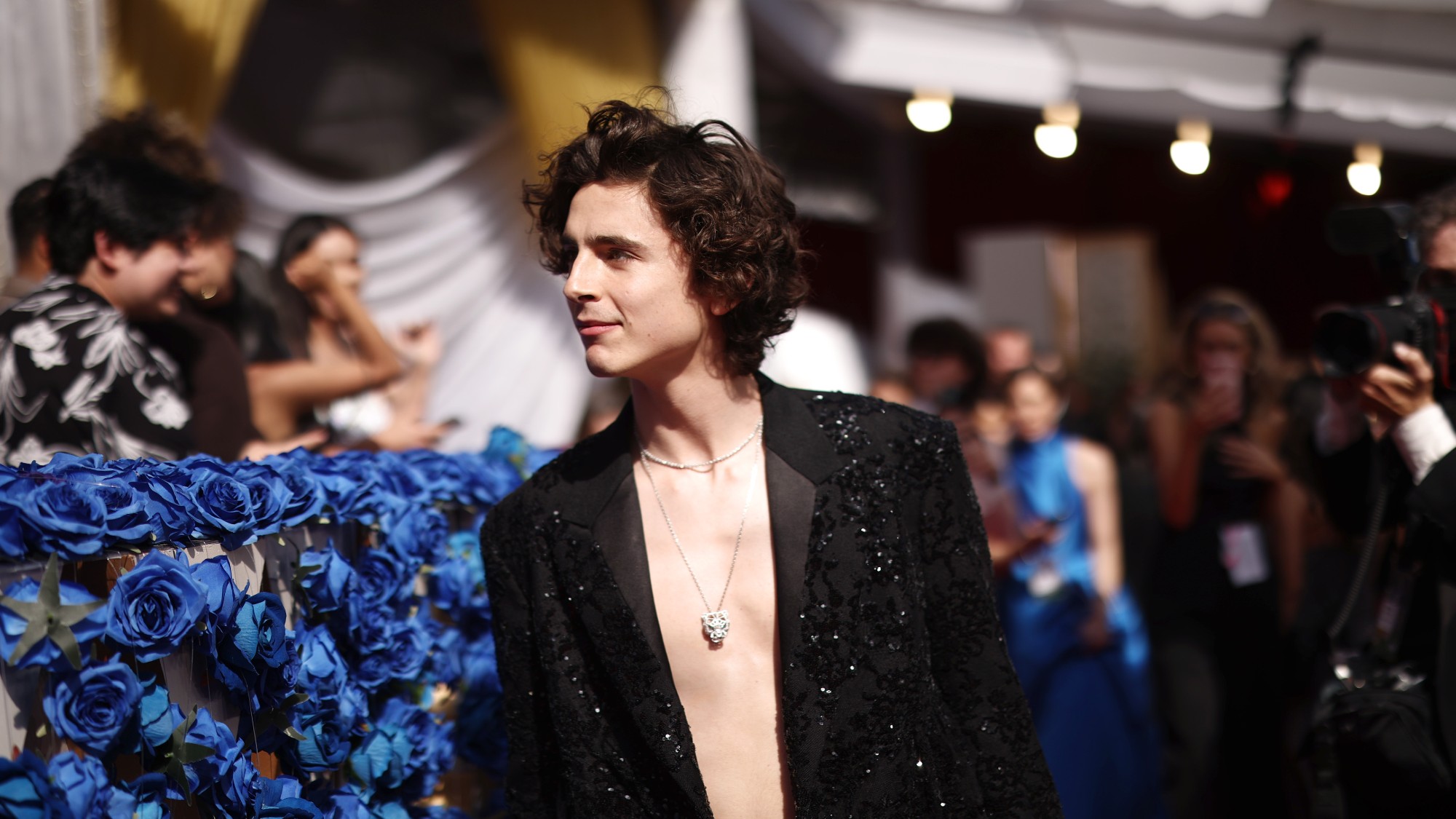 Why more men are wearing jewellery
Why more men are wearing jewelleryIn Depth Pop culture is boosting interest in earrings and necklaces, alongside classic tie pins and lapel pins
-
 Otiumberg: sustainable jewellery beyond the hype
Otiumberg: sustainable jewellery beyond the hypeUnder the radar Launched by two sisters, this London-based brand has gone from strength to strength
-
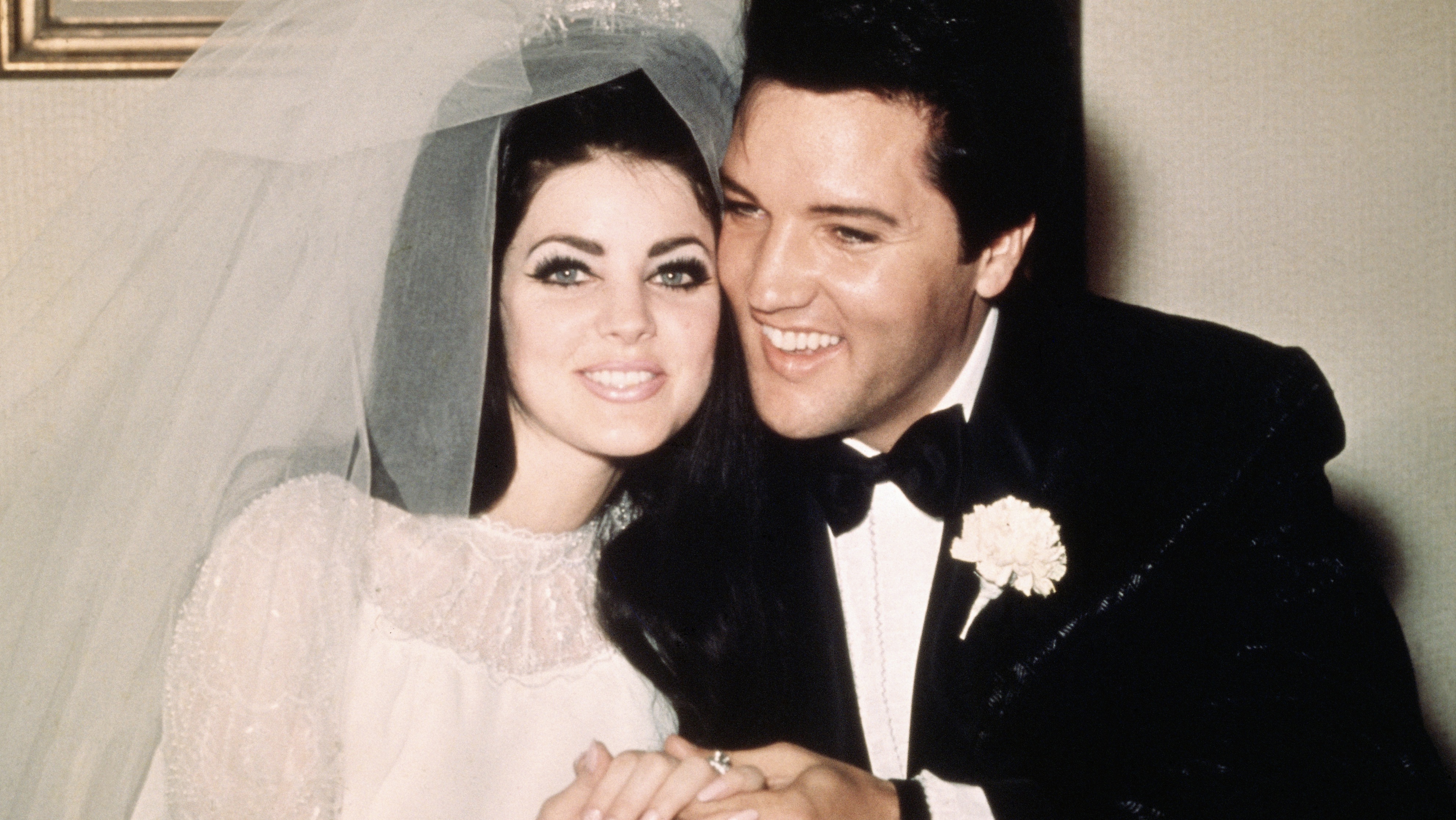 Inside the rocky marriage of Priscilla Presley and Elvis
Inside the rocky marriage of Priscilla Presley and ElvisUnder the Radar Rock and roll legend’s former wife praises Sofia Coppola’s new biopic
-
 How Burning Man descended into chaos
How Burning Man descended into chaosUnder the Radar Torrential rain leaves thousands of revellers stuck at Nevada festival
-
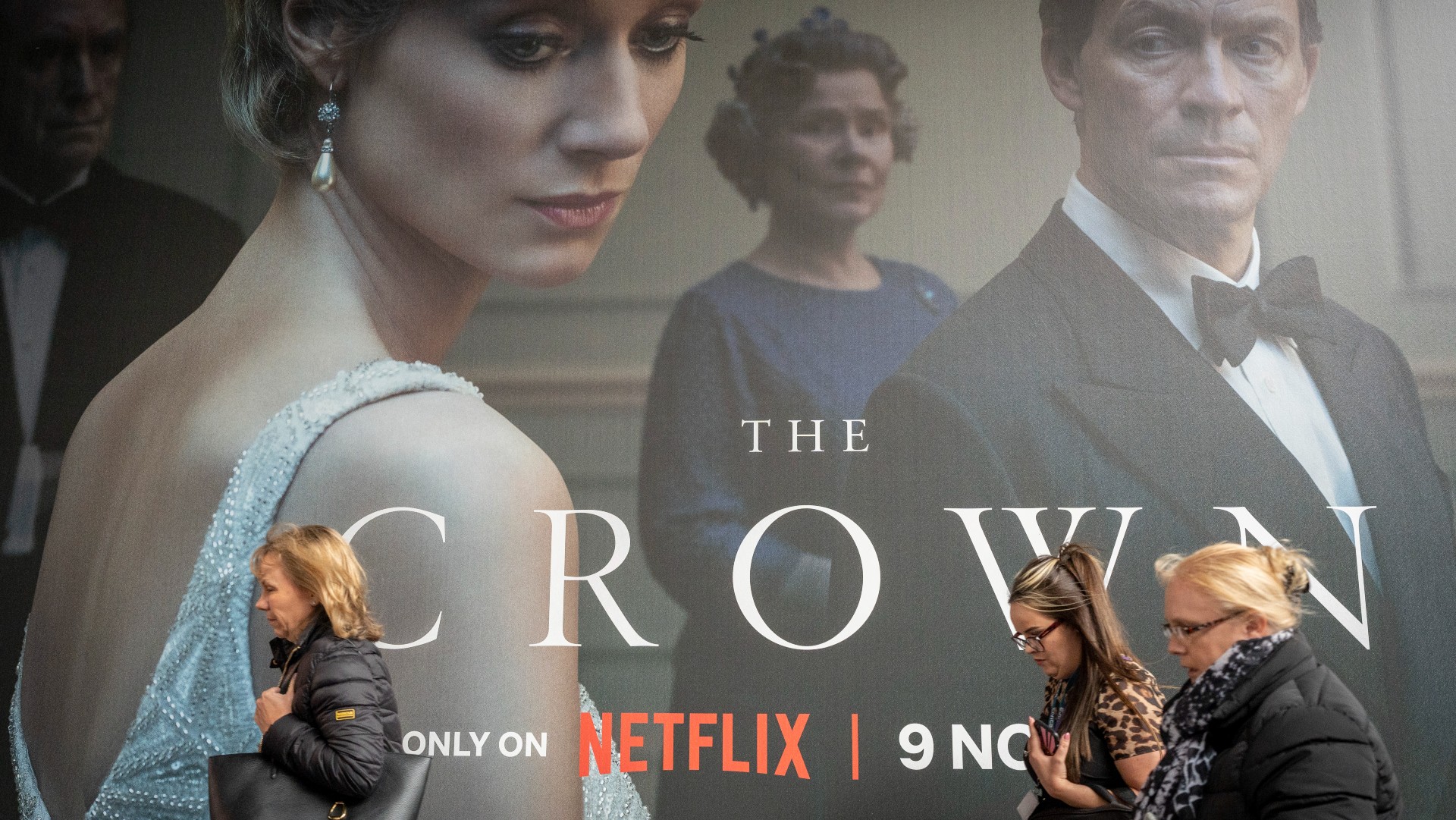 Princess Diana’s death in The Crown: how accurate is the Netflix series?
Princess Diana’s death in The Crown: how accurate is the Netflix series?Under the Radar The controversial show is returning for sixth and final season later this year
-
 Michael Parkinson: five best interviews by star presenter
Michael Parkinson: five best interviews by star presenterUnder the Radar ‘King of the chat show’ Parky has died aged 88
-
 The Beanie Bubble: the true story behind fallen toy empire film
The Beanie Bubble: the true story behind fallen toy empire filmUnder the Radar New release depicts rise and fall of 1990s stuffed plushy phenomenon